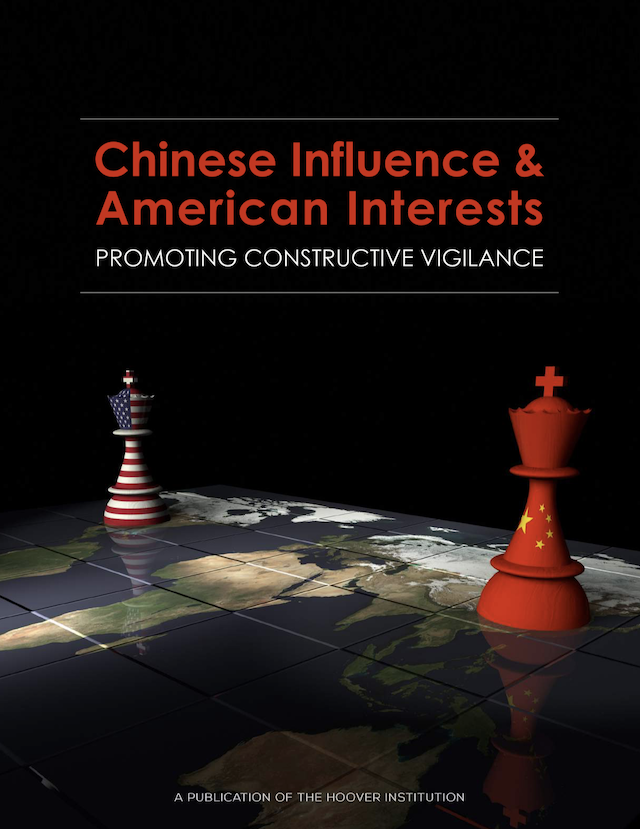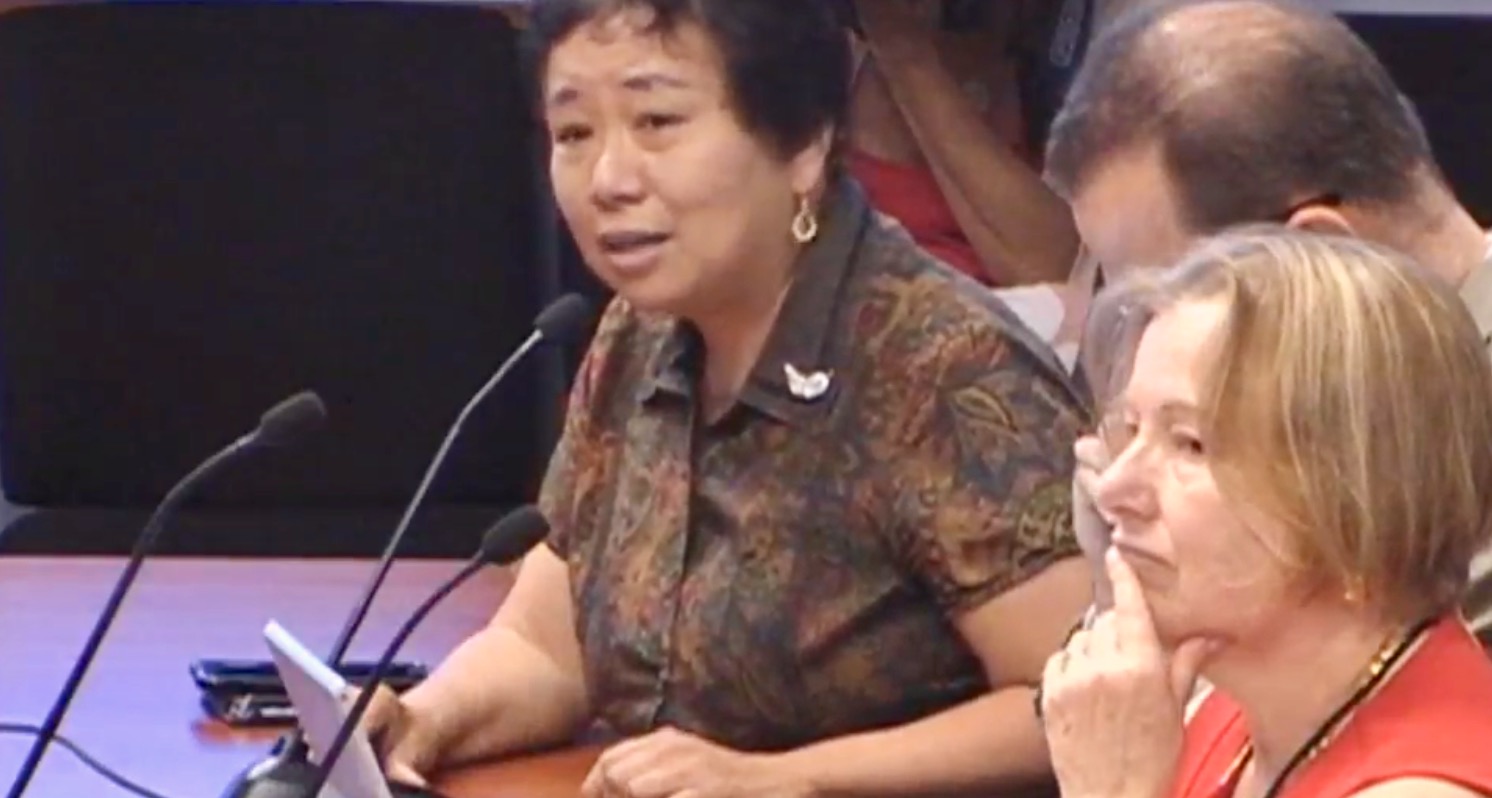BBG – USAGM Watch Commentary
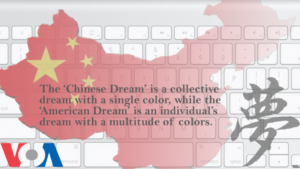
Bradley A. Thayer, Ph.D., a professor of political science at the University of Texas, San Antonio and coauthor of “How China Sees the World: Han-Centrism and the Balance of Power in International Politics,” called in an op-ed in The Hill for reforming the U.S. Agency for Global Media (USAGM).
Bradley A. Thayer had several suggestions how the United States could respond to the ideological challenge from China’s Communists.
THE HILL
BRADLEY A. THAYER, PH.D.: “Fourth, extant federal agencies, such as the U.S. Agency for Global Media (USAGM), must be reformed to generate innovative contents advocating America’s ideology, and contract third parties to produce honest assessments of the Chinese regime’s deleterious actions against its own people. The USAGM might illuminate the dangerous audacity of Xi’s ambition, including the use of the Belt and Road Initiative to mask China’s desire for control and determined intent to undermine the existing liberal international order. The United States is in an ideological war with China. This is a war the United States should win, given the strength and attractiveness of its ideology. But victory is possible only if we fight the war.

While the author of The Hill op-ed did not mention any specific problems at the USAGM, the agency in charge of the Voice of America (VOA) is known to have top officials who have corporate or family business interests in China. Such mixing of U.S. government service with doing private business behind the iron and bamboo curtains was not allowed during the Cold War then the U.S. was engaged in the war of ideas with the Soviet Union and communist China.
One of USAGM’s U.S. government officials is Hollywood film executive Jeff Shell, former Democratic Chairman of the Broadcasting Board of Governors (BBG), which was the former name of the agency. He still has a seat on the USAGM Advisory Board. The Los Angeles Times reported in 2016 on a major business deal between Shell’s private employer and a company in China.
VOA Director Amanda Bennett, hired in 2016 during Shell’s tenure as BBG Chairman, is married to the former publisher of The Washington Post. He is reported to have multi-million dollar business interests in China.
In April 2017, Bennett was involved in a controversial decision to shorten a live VOA Mandarin Service interview with Chinese whistleblower businessman Guo Wengui who had agreed to talk about corruption within the Chinese Communist Party and its spying operations in the United States. The VOA management team led by Bennett disciplined and fired some of the so-called “VOA Mandarin Five” journalists involved in the Guo Wengui interview after accusing them of violating journalistic standards. As noted by four members of the U.S. Congress—Senator Marco Rubio, Rep. Edward Royce, Rep. Chris Smith and Rep. Robert Pittenger—who have called for an investigation of the Guo Wengui incident, “the Chinese government went to extraordinary lengths to stop the broadcast, including threatening the visas of VOA reporters in Beijing and multiple demands by the Chinese Embassy in Washington to cancel the interview.”
The Guo interview was not completely canceled, but it was shortened by VOA’s senior managers despite protests from VOA Mandarin Service editors and broadcasters. The shortening of the interview resulted in thousands of angry comments from Chinese social media users. Bennett later said that her decisions were not influenced by any pressure from China.
VOA DIRECTOR AMANDA BENNETT: “I want to point out that there was no Chinese government pressure, there was no US government pressure. All the decisions made inside the Voices of America were made in the service of high journalistic integrity.
In her handling of VOA programming to China, Bennett enjoys full support from USAGM CEO John F. Lansing. He was recommended in his position 2015 by Jeff Shell who was then the Democratic BBG Board Chairman. Michael Pack, President Trumps’ nominee to serve as the new USAGM CEO, has not yet been confirmed by the U.S. Senate. Pack’s nomination has languished in the Senate Foreign Relations Committee for many months. Other controversies that have emerged during John Lansing’s continuing tenure involved illegal targeting of Americans with Facebook ads by Radio Free Europe / Radio Liberty (RFE/RL) and VOA, repeating of Iranian regime’s propaganda by RFE/RL and VOA, and foreign influence over RFE/RL programming to Central Asia.
Writing for The Hill, Bradley A. Thayer did not mention any specific VOA programming controversies, but he wrote that the USAGM needs to be reformed to conduct successfully what he sees as a war of ideas with China.
BBG – USAGM Watch can add from our own perspective that there is nothing wrong with Americans doing private and corporate business in China or having financial interests in that country, but they should not be making programming and personnel decisions for the U.S. government on media outreach to China or work for U.S. international broadcasting.
MORE INFORMATION:
In his appearance on March 27, 2019 before the House Appropriations Committee’s Subcommittee on State, Foreign Operations and Related Programs to discuss the Department of State Budget Request for FY 2020, Secretary of State Michael Pompeo has called for leadership change at the U.S. Agency for Global Media.
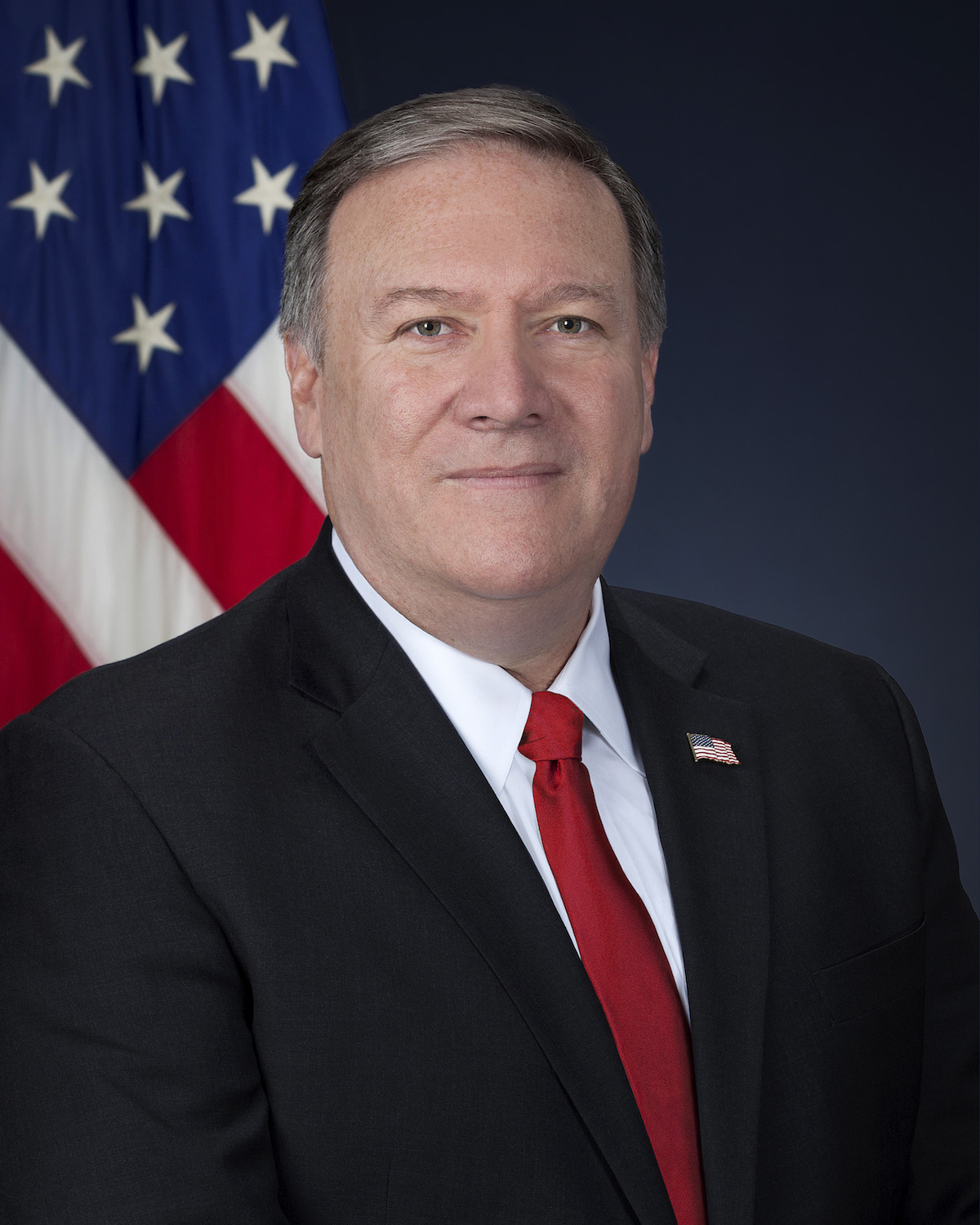
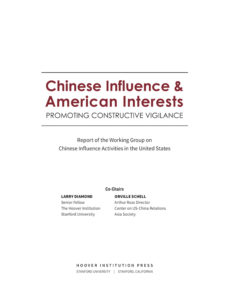 According to a report of the Working Group on Chinese Influence Activities in the United States prepared by the Hoover Institution at Stanford University and the Center on US-China Relations at Asia Society in New York, “starting in the first decade of the 2000s, the Chinese embassy in Washington, DC, and the leadership of VOA’s Mandarin service began an annual meeting to allow embassy officials to voice their opinions about VOA’s content.”
According to a report of the Working Group on Chinese Influence Activities in the United States prepared by the Hoover Institution at Stanford University and the Center on US-China Relations at Asia Society in New York, “starting in the first decade of the 2000s, the Chinese embassy in Washington, DC, and the leadership of VOA’s Mandarin service began an annual meeting to allow embassy officials to voice their opinions about VOA’s content.”
The Hoover Institution and Asia Society report also says that “VOA personalities have hosted events at the embassy,” and one of VOA’s TV editors “even publicly pledged his allegiance to China at an embassy event.” The report cited “interview with VOA staff” as a source of this piece of information.
